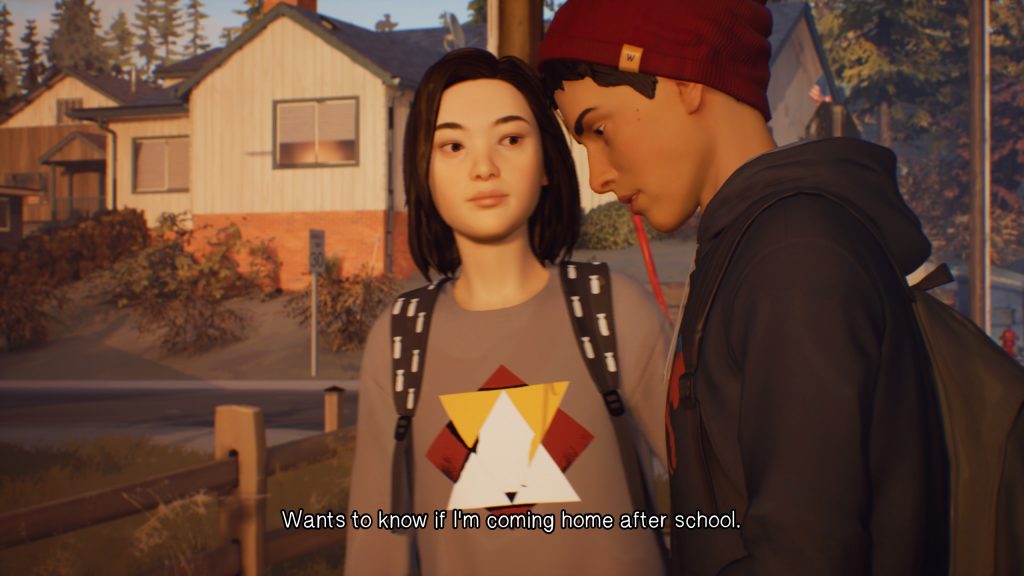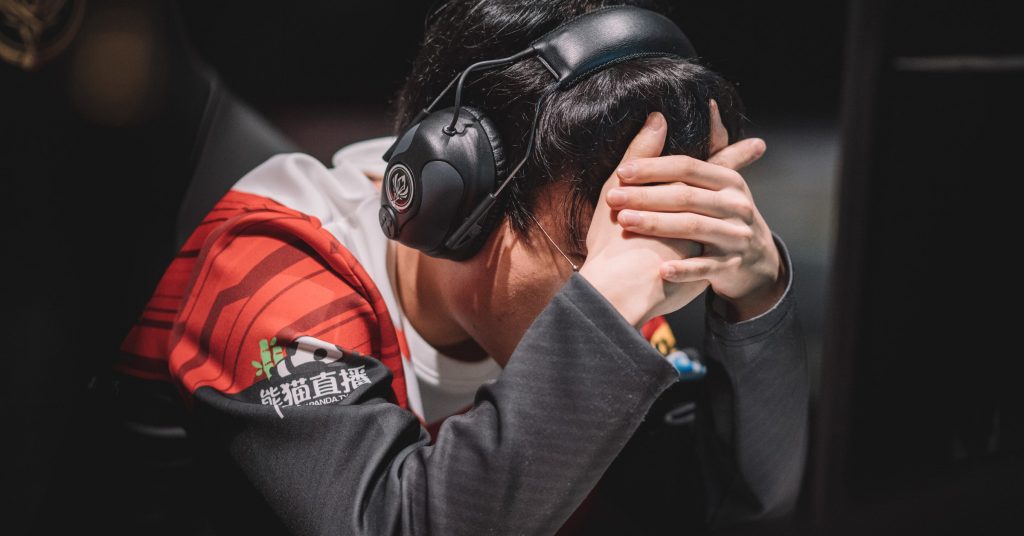Video games have become an integral part of modern entertainment, offering a wide range of experiences from intense action to relaxing simulations. While gaming can have several positive effects on mental health, it is essential to recognise the potential negative impacts and maintain a healthy balance. This article explores both sides of the gaming and mental health equation and provides tips for fostering a healthy gaming lifestyle.
Positive impacts of gaming on Mental Health
Stress relief and relaxation
Many gamers find video games to be an excellent way to unwind and escape from the stresses of everyday life. Games like Animal Crossing and Stardew Valley offer calming environments and tasks that can help reduce anxiety and promote relaxation. These games provide a sense of accomplishment and routine, which can be particularly beneficial for those dealing with stress.
Cognitive benefits
Gaming can improve various cognitive functions, such as problem-solving skills, spatial awareness, and multitasking abilities. Puzzle games like Portal and strategy games like Civilization challenge players to think critically and plan ahead, enhancing cognitive flexibility and strategic thinking.
Social connection
Multiplayer games and online communities provide opportunities for social interaction and connection, which can be particularly valuable for individuals who feel isolated. Games like World of Warcraft and Among Us facilitate teamwork and communication, helping players build and maintain social relationships.
Emotional resilience
Some games feature compelling narratives that evoke a wide range of emotions, helping players develop empathy and emotional resilience. Titles like The Last of Us and Life is Strange offer deep, emotionally engaging stories that can foster a greater understanding of complex emotional experiences.

Negative impacts of gaming on Mental Health
Addiction and compulsive behaviour
One of the most significant concerns with gaming is the potential for addiction. Excessive gaming can lead to compulsive behaviour, negatively affecting daily life, work, and relationships. It’s crucial to recognise the signs of gaming addiction, such as neglecting responsibilities, loss of interest in other activities, and withdrawal symptoms when not gaming.
Sleep disruption
Extended gaming sessions, especially late at night, can interfere with sleep patterns. The blue light emitted from screens can suppress melatonin production, making it harder to fall asleep. Poor sleep quality can lead to a range of mental health issues, including increased anxiety and depression.
Social isolation
While online gaming can foster social connections, it can also lead to social isolation if it replaces face-to-face interactions. Spending excessive time gaming can reduce opportunities for real-world socialisation, potentially leading to feelings of loneliness and isolation.
Aggression and desensitisation
Some studies suggest that exposure to violent video games may increase aggressive thoughts and behaviours in certain individuals. Additionally, repeated exposure to violent content can lead to desensitisation, reducing empathy for others’ suffering.

Tips for maintaining a healthy gaming lifestyle
- Set Boundaries: Establish specific times for gaming and stick to them. Ensure that gaming does not interfere with other essential activities like work, study, and physical exercise.
- Take Breaks: Follow the 20-20-20 rule: every 20 minutes, take a 20-second break to look at something 20 feet away. This helps reduce eye strain and encourages you to move around.
- Stay Social: Balance online gaming with real-world social interactions. Make time to meet friends and family in person.
- Monitor Content: Choose games that positively impact your mood and avoid those that may trigger negative emotions or stress.
- Practice Good Sleep Hygiene: Avoid gaming for at least an hour before bedtime. Create a relaxing pre-sleep routine to improve sleep quality.
- Seek Help if Needed: If you find that gaming is negatively impacting your life, seek help from a mental health professional. Organisations like Safe In Our World provide resources and support for mental health in the gaming community.
Charities promoting Mental Health in gaming
Organisations like Safe In Our World are dedicated to promoting mental health awareness within the gaming industry. They offer resources, support, and initiatives like the Sidekick Journal to ensure that both players and developers maintain healthy mental well-being. Safe In Our World focuses on creating a safe and supportive environment for everyone involved in gaming, emphasising the importance of mental health in a digital age.

Gaming has the potential to provide numerous benefits for mental health, from stress relief and cognitive enhancement to social connection and emotional resilience. However, it is crucial to be mindful of the potential negative impacts and take steps to maintain a balanced gaming lifestyle. By setting boundaries, taking breaks, and seeking support when needed, gamers can enjoy the positive aspects of gaming while safeguarding their mental health.
You can find many more articles just like this and on other featured topics over in our features section.